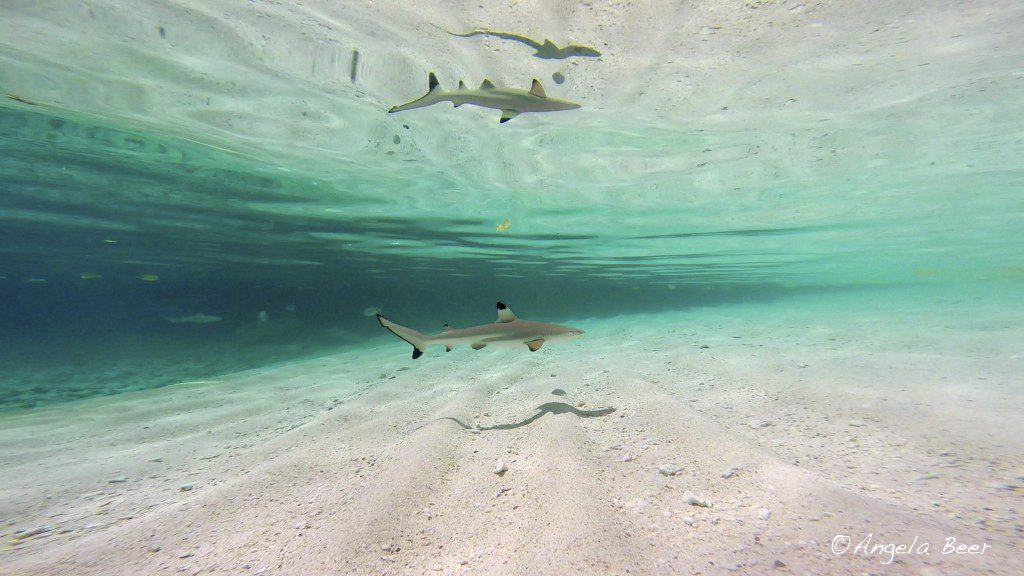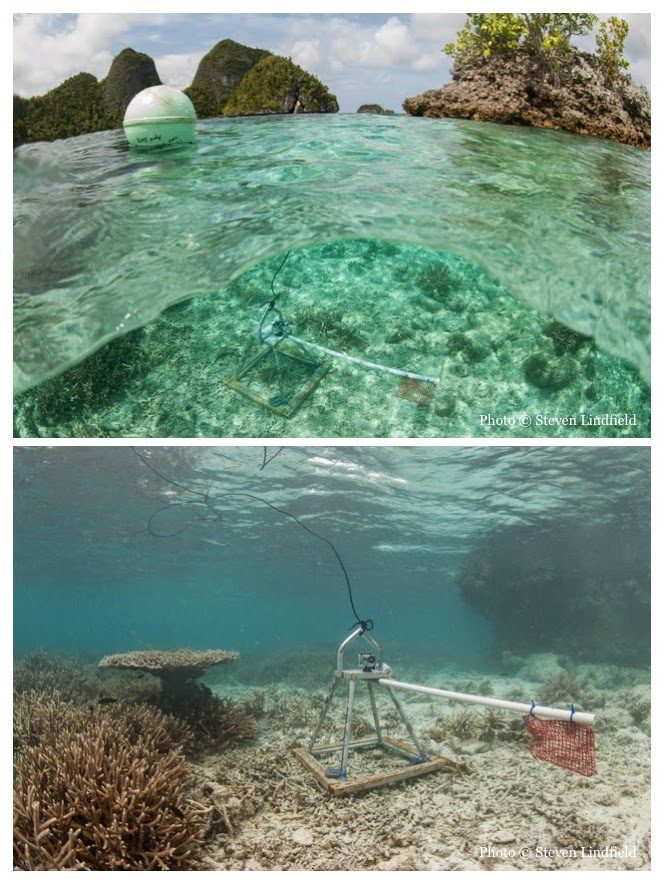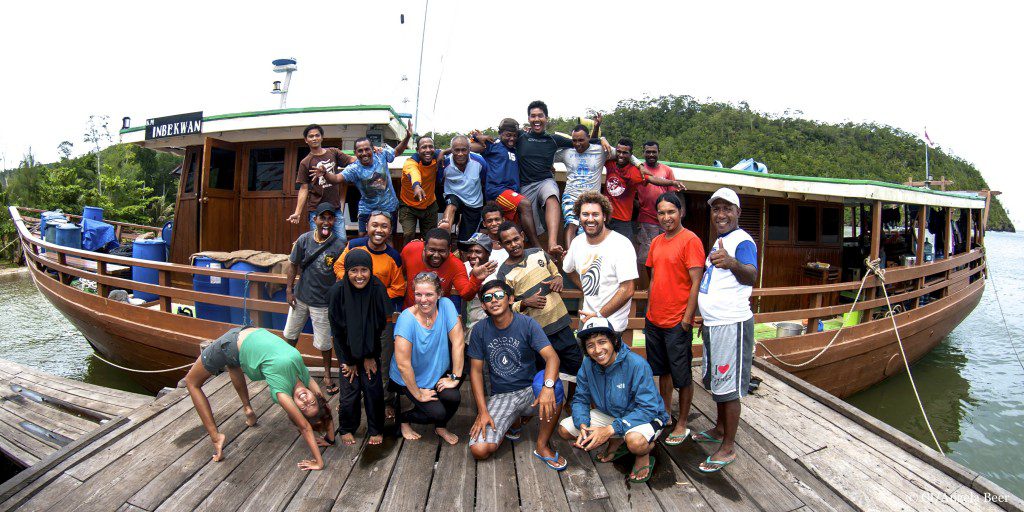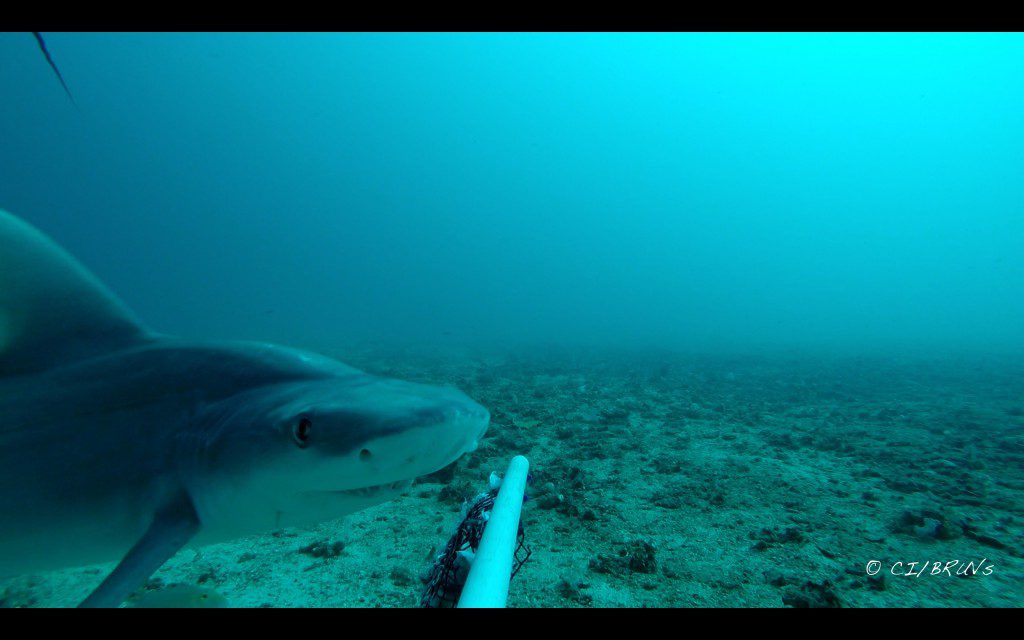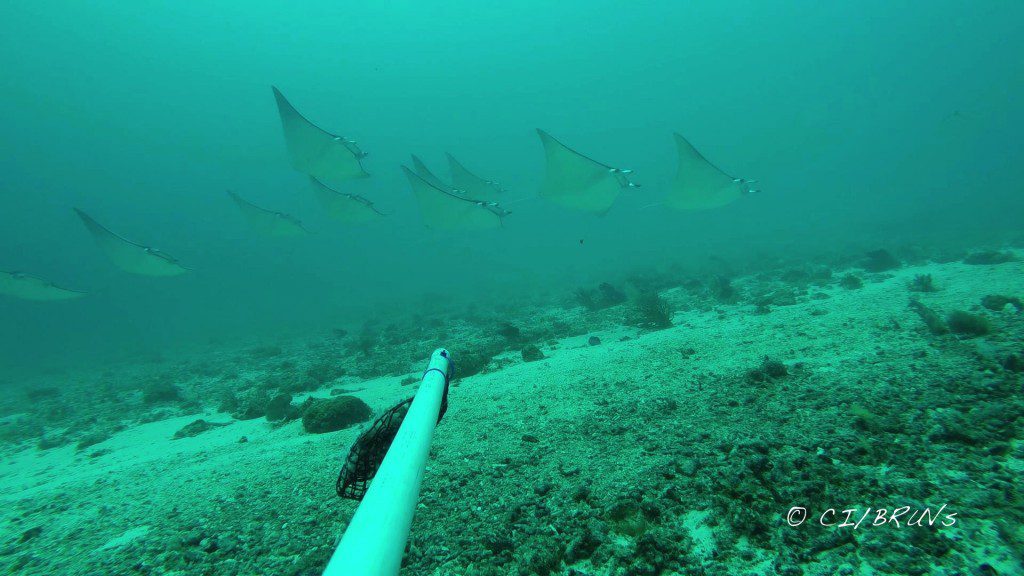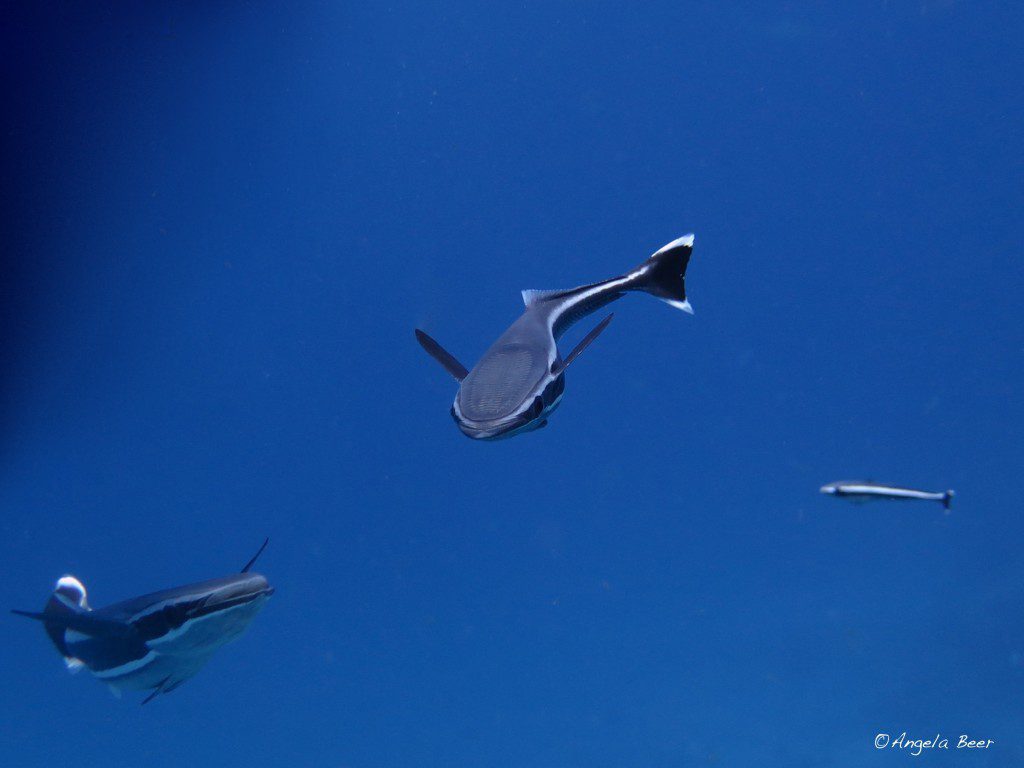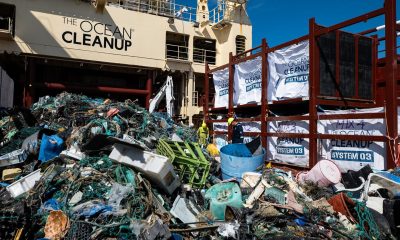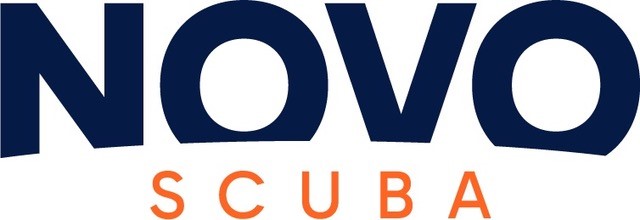News
BRUVs Shark Research in Raja Ampat
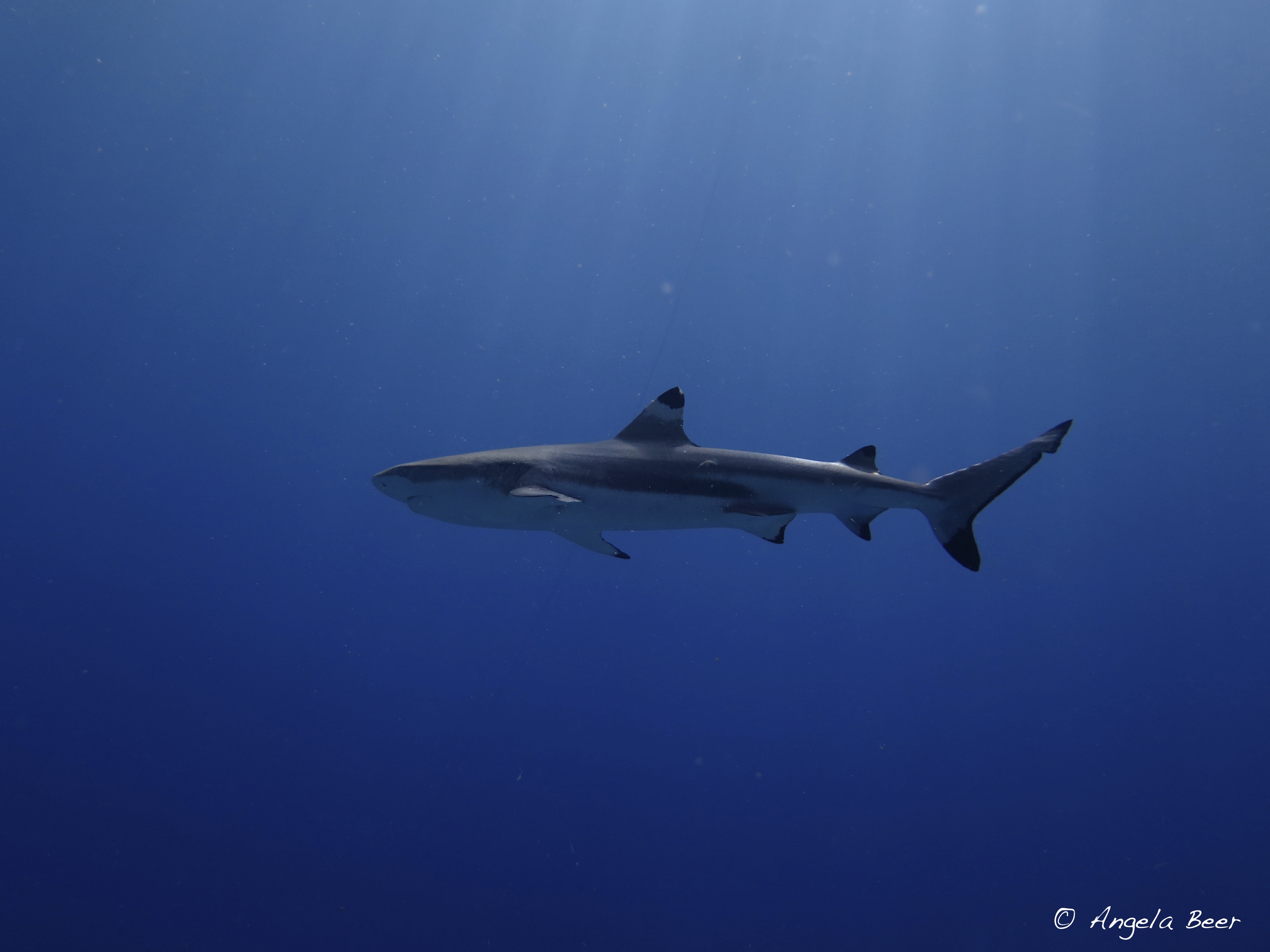
Conservation International (CI)’s Mark Erdmann previously blogged about the Bird’s Head Seascape surpassing the milestone of 1750 reef fish species recorded, leaving no doubt as to where the global heart of marine biodiversity lies. The remote tropical islands of Raja Ampat, West Papua, are the epicenter of this marine richness, and may be a haven for shark diversity in particular – That’s what we’re in the process of finding out with Conservation International’s science and monitoring team, through an innovative shark research program.
Sharks are ancient animals and are important for healthy oceans, yet they are threatened with extinction. The people of Raja Ampat traditionally live harmoniously with nature, but outside threats are encroaching. Guardians of their natural heritage, local people, supported by international partner organizations CI and TNC, set up Marine Protected Areas (MPAs) for conservation (Watch a tribute to the “Guardians of Raja Ampat”). Additionally, in 2012 the local government declared the entire region an official “Shark Sanctuary” through a law that protects all sharks and rays, as well as other charismatic key species, such as dugong, sea turtles and endemic species. This was a positive step in recognizing the benefits of healthy elasmobranch (cartilaginous fish, such as sharks and rays) populations for local communities, both economically and ecologically.
These management initiatives, combined with effective patrol & enforcement, and understanding shark populations, should help locals manage MPAs to protect these charismatic species, thus helping improve food security and alternative livelihoods through tourism. The mantanomics are sound, and the revenue that could be brought in by shark tourism is probably comparable.
We are working to complete the final stage of a study to assess the current status of shark populations in the Raja Ampat archipelago – and will be making a second bid on collecting the data for the final piece of the puzzle, working together with Misool Eco Resort in the spring!
Research uses BRUVs (Baited Remote Underwater Video) to analyze shark diversity and relative abundance between no-take and fished sites over depth gradients. This study provides baseline data to enable assessment of the impact of management efforts related to Patrol & Enforcement, and Outreach & Education, of both the Marine Protected Areas (MPAs) and the Shark Sanctuary as a whole throughout Raja Ampat.
The first field data collection trip was a great collaboration where we learned a lot and ultimately went exceedingly well. Despite many challenges, including rough weather and wild sea conditions, the disciplined, hard-working team completed monitoring at Wayag MPA, Dampier MPA and the Fam Islands. GoPro cameras were submerged in shallow, medium and deep waters at a minimum distance of 500m from one another, and left to record for one hour. In 15 days of surveying we successfully completed 470 camera drops – two more trips got the tally up to almost 1000, now including Ayau, Kofiau and Mayalibit Bay MPAs as well!
Although completing data analysis is taking longer than anticipated, preliminary reviews suggest that approximately 50% of the videos captured contain images of sharks. At least nine different species of shark were recorded, including the common black- and white-tip and grey reef sharks, tawny nurse shark, banded bamboo shark, and an exciting first for Raja Ampat (and thus a +1 for the Raja Ampat species count), Hemipristis elongata, more commonly known as the “Snaggle-toothed shark”.
In addition to the sharks, many other interesting and unexpected appearances on camera included mantas, mobulas, eagle rays, golden cow-nosed rays, turtles, spanner crabs and moray eels. We were disappointed to catch many remora without hosts on camera… and have come up with a new slogan for a “Shark Savers”campaign: Save the Sharks – the ramoras are getting lonely!
Onboard CI’s research vessel, the team also hosted the well-known TV presenter Riyanni Djangkaru and her Trans7 TV crew for two days, while they filmed our activities. Riyanni is actively supporting the nation-wide Save Sharks campaign, and we hope her effort to document the BRUV project in Raja Ampat will raise awareness throughout the country and be a positive force in the larger-scale shark conservation efforts.
Indonesia has the largest shark fishery in the world and is thus an important place to focus shark research and conservation efforts. The more we know about these cool, ancient animals, the better we can protect them. We hope that data from these surveys will help the campaign to protect sharks on a national level – much the same way we were able to convince the government to pass national legislation to protect manta rays a year ago.
Say CHEESE, Sharkies!!!
To view the project video click here: VIDEO
This project was a joint initiative between Conservation International (CI), the Raja Ampat government, RRU (Royal Roads University) and NSERC (The Canadian National Science and Engineering Research Council), in collaboration with Raja Ampat Research and Conservation Centre, Misool Eco Resort and Baseftin Foundation, local communities and with support from Walton Family Foundation, Allchin family’s Sunbridge Foundation, the Friend family’s Nicole Friend Memorial Trust. For a complete list see credits at end of video.
Blogs
EXCLUSIVE: Jeff Goodman interviews Mark Spiers, CEO of New Scuba Diving Training Agency NovoScuba
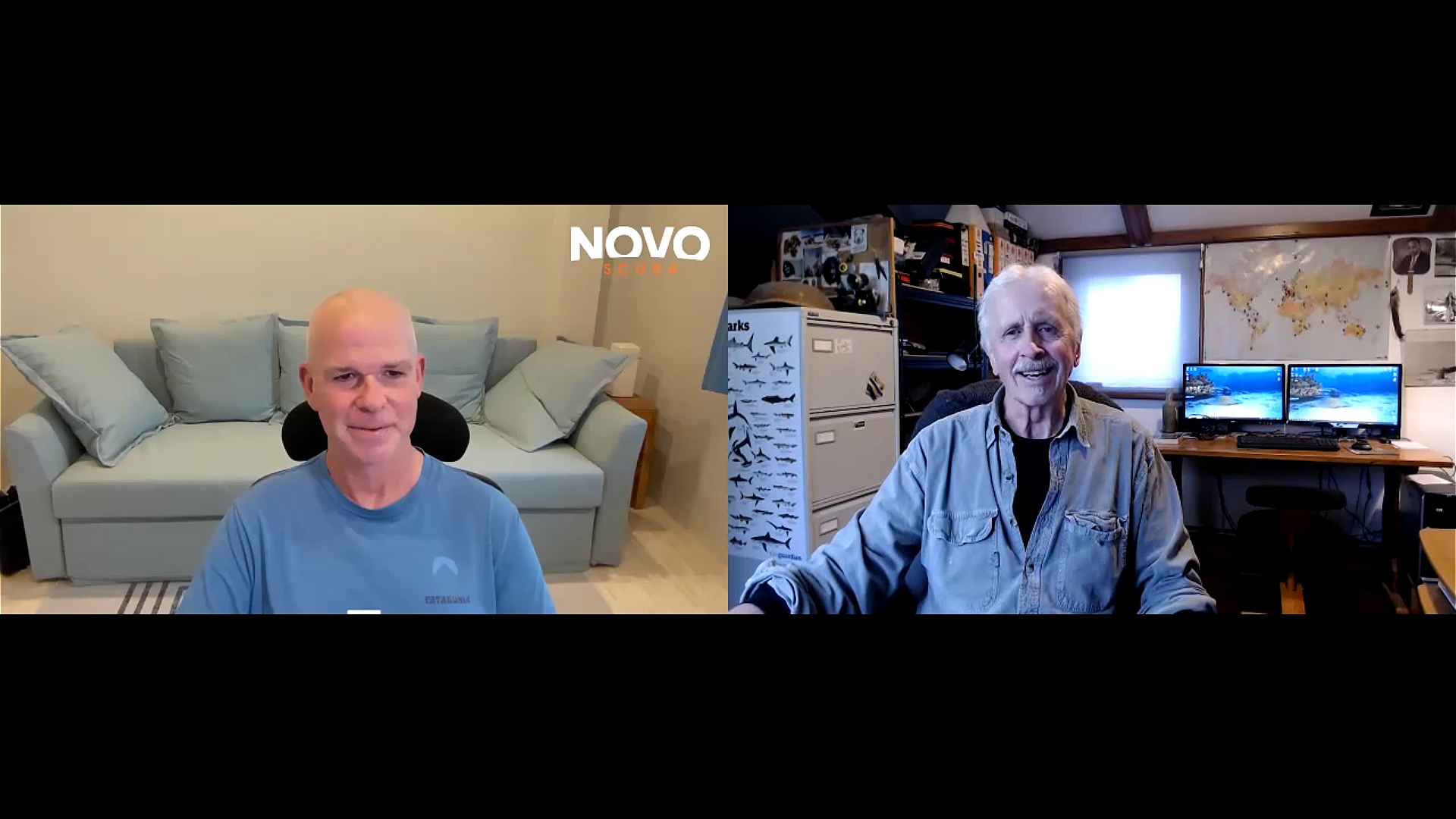
In a video recorded exclusively for Scubaverse.com, Jeff Goodman interviews Mark Spiers, CEO of new scuba diving training agency NovoScuba.
Find out more about NovoScuba at www.novoscuba.com.
News
Charting New Waters; NovoScuba Goes Global with the Launch of their Revolutionary Dive Training Agency!
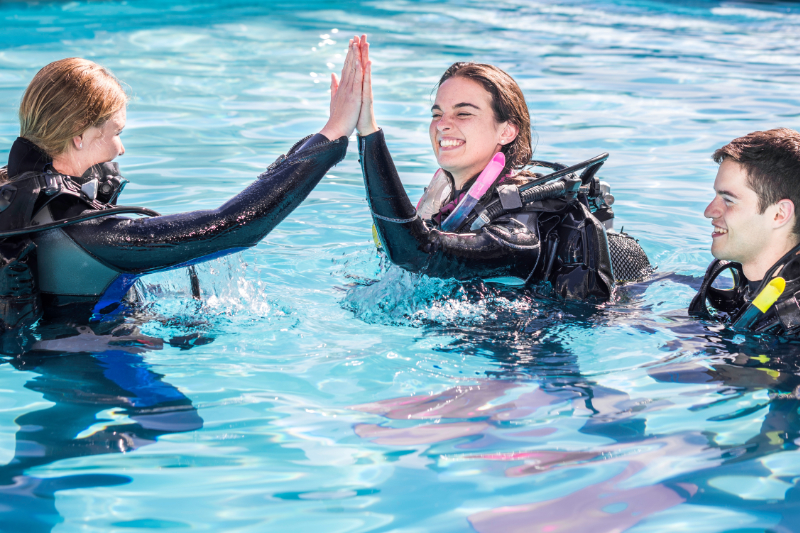
Discover a New Era of Dive Education: NovoScuba Brings Innovation to the Surface! Fully ISO Certified and Equipped with Cutting-Edge Technology.
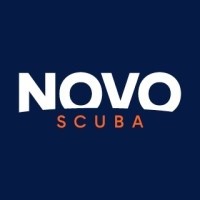 With a combined experience spanning over a century in the diving industry, a team of accomplished dive store owners, managers, and professionals unveils NovoScuba, a ground-breaking dive training agency poised to redefine the benchmarks of underwater education. Launching in May 2024, NovoScuba promises a revolutionary approach to dive training. Their vision is to make diving accessible to everyone, share success within the dive community and emphasise positive interactions with the planet.
With a combined experience spanning over a century in the diving industry, a team of accomplished dive store owners, managers, and professionals unveils NovoScuba, a ground-breaking dive training agency poised to redefine the benchmarks of underwater education. Launching in May 2024, NovoScuba promises a revolutionary approach to dive training. Their vision is to make diving accessible to everyone, share success within the dive community and emphasise positive interactions with the planet.
NovoScuba’s global debut marks a significant milestone in the dive industry. Driven by a vision to challenge convention and harness the power of technology, NovoScuba aims to revolutionise the dive training landscape through its innovative business model, which is digitally native, making it the most technologically advanced dive training agency to date.
“We recognised the need for change in the dive training industry and saw an opportunity to leverage technology, and redefine existing business models to create something truly innovative,” said Mark Spiers, CEO of NovoScuba.
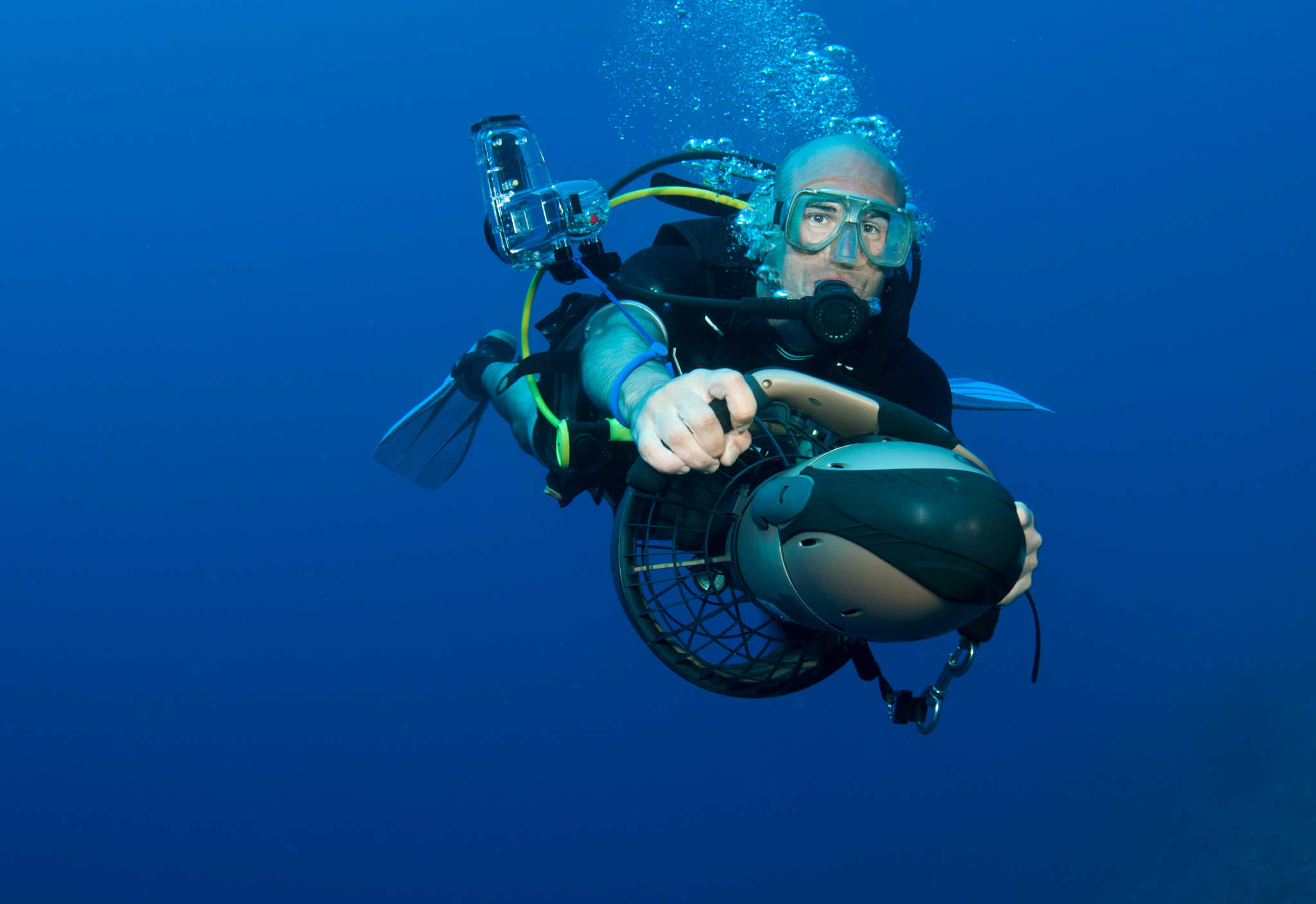
NovoScuba’s platform offers state of the art training programmes ranging from introductory up to professional diving, including various specialties. All programmes meet international standards and ISO certifications are in place. This commitment to shared success, accessibility and positive results for the planet, all at a cost effective and affordable level, is what will make NovoScuba stand out.
“Our deep understanding of traditional pain points for the industry, combined with our digitally native approach positions NovoScuba as a game-changer in dive education. Offering unparalleled initiatives such as student subscription, open access to all course materials, pay as you certify, no stock required, monthly membership payments, payment in local currencies, one-click certifications, and membership freezing, NovoScuba is set to redefine the industry. Available in 13 languages, at launch, the NovoScuba courses are written for the modern divers, with a focus on up-to-date content, interactive learning, and an engaging platform,” Mark Spiers concluded.
NovoScuba is challenging a change in the industry, redefining established traditional systems, and ushering in a new standard of excellence, support, and partnership. Their collaborations with dive stores, pros and underwater enthusiasts won’t demand exclusivity, prioritising earned loyalty, and an understanding that their Member’s success is key to their own.
NovoScuba
Diving Redefined.
-

 News3 months ago
News3 months agoCapturing Critters in Lembeh Underwater Photography Workshop 2024: Event Roundup
-

 Marine Life & Conservation Blogs3 months ago
Marine Life & Conservation Blogs3 months agoCreature Feature: Swell Sharks
-

 Blogs2 months ago
Blogs2 months agoMurex Resorts: Passport to Paradise!
-

 Blogs2 months ago
Blogs2 months agoDiver Discovering Whale Skeletons Beneath Ice Judged World’s Best Underwater Photograph
-

 Gear Reviews3 weeks ago
Gear Reviews3 weeks agoGEAR REVIEW – Revolutionising Diving Comfort: The Sharkskin T2 Chillproof Suit
-

 Gear Reviews3 months ago
Gear Reviews3 months agoGear Review: Oceanic+ Dive Housing for iPhone
-

 Marine Life & Conservation2 months ago
Marine Life & Conservation2 months agoSave the Manatee Club launches brand new webcams at Silver Springs State Park, Florida
-

 News2 months ago
News2 months agoPADI Teams Up with Wellness Brand Neuro to Drive Ocean Change and Create a Blue State of Mind


